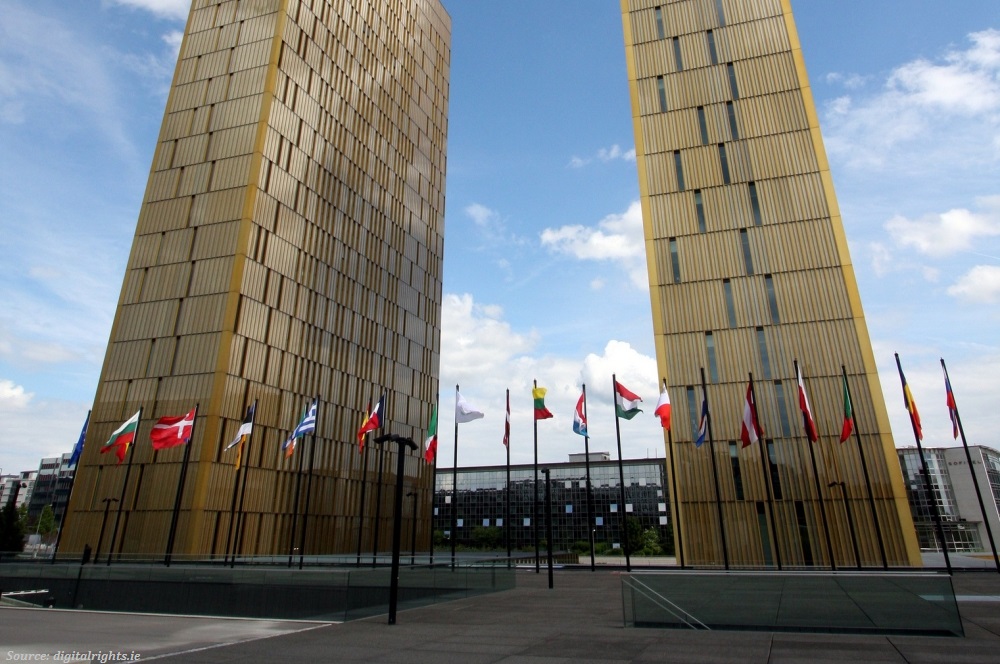On 5 May 2022, the CJEU delivered its joint judgment in cases C-451/19 and C-532/19. The cases concerned the denial of residence permits to a minor child and to a father and husband of Spanish nationals respectively. For both cases, the High Court of Justice in Castilla-La Mancha decided to stay the proceedings and refer questions to the Court of Justice.
The Court decided to firstly examine whether Article 20 TFEU should be interpreted as precluding the refusal of a residence permit in the situation where the Union citizen has never exercised his right of free movement, on the grounds that they do not have sufficient resources without an examination of whether the relationship of dependency between the Union citizen and the third-country national is of such a nature that the refusal would result in the Union citizen being forced to leave the territory of the European Union and therefore deprived of the enjoyment of their rights conferred by status as a citizen of the Union. It noted that EU law does not apply to an application for family reunification of a third-country national with a member of their family who has never exercised his freedom of movement and therefore does not preclude in principle, legislation of a Member State where such family reunification is subject to a condition of sufficient resources. It elaborated that there are nevertheless specific situations in which a right of residence must be granted to a third-country national, if the refusal of the right would render the Union citizen to leave the territory as a whole and thus deprived of their enjoyment of their rights as a Union citizen. The Court continued that this can only be raised if a relationship of dependency exists between the third-country national and the Union citizen, which would result in the Union citizen being obliged to accompany the third-country national to leave the EU. The Court determined that although the secondary right of residence deriving from Article 20 TFEU is not absolute, to refuse a third-country national a derived right of residence on the sole ground that the Union citizen family member does not have sufficient resources, where there is a relationship of dependency, would constitute an infringement of the effective enjoyment of the substance of the rights deriving from the status of citizen of the Union which would be disproportionate in the light of the objective pursued.
The Court subsequently referred to the second case and determined that although Member States may rely on an exception to the derived right of residence linked to the maintenance of public order and public security, a refusal cannot solely be based on possession of a criminal record and that a specific assessment must be carried out of the relevant circumstances including the gravity and severity of the offences committed, the best interest of the child and the child’s age, health and family and economic situation. It thereby held that in answer to the second question, Article 20 TFEU must be interpreted as precluding a Member State from rejecting an application for family reunification lodged on behalf of a third-country national who is a family member of a Union citizen who has never exercised their freedom of movement, on the sole ground that the citizen does not have sufficient resources, without it having examined whether there is a relationship of dependency of such a nature that the refusal of a derived right of residency would force the Union citizen to leave the territory of the Union as a whole and thus be deprived of the effective enjoyment of the rights conferred by his status as a citizen of the Union.
The Court then focused on the first question referred on the relationship of dependency, in which it examined the respective cases separately due to the different nature of the relationships concerned. Regarding the first case, it was relevant that on the date on which the applicant’s right of residence was rejected, their forced departure could have forced not only their mother, but their mother’s other child who was a Union citizen to leave the territory of the EU. It noted that it is for the referring court to ascertain that hypothesis, which if verified, should result in a derived right of residence to the applicant under their half-brother who is a Union citizen. It therefore answered the first question in Case C-451/19 that Article 20 TFEU must be interpreted that a relationship of dependency capable of justifying the grant of a derived right of residence to the minor child who is a third-country national exists where a union between the Union citizen and his spouse has been born to a child who has never exercised his freedom of movement and the latter would be forced to leave the territory of the Union, if the third-country national minor child, was forced to leave the territory of the Member State concerned. In relation to the second case, the Court determined that where a minor Union citizen lives in a stable manner with both parents and the custody and legal, emotional and financial burden of that child are shared daily by those two parents, it may be presumed in a rebuttable manner that there is a relationship of dependency between the minor Union citizen and their parent. It subsequently answered the first question in C-532/19 that Article 20 TFEU must be interpreted as meaning that a relationship of dependency capable of justifying the grant of a derived right of residence does not exist on the sole ground that the Member State national and his spouse are required to live together under marriage obligations and where the assessment of the existence of a relationship of dependency must take into account, in the best interests of the child, all the circumstances of the case.
Based on an unofficial translation from within the EWLU team.

